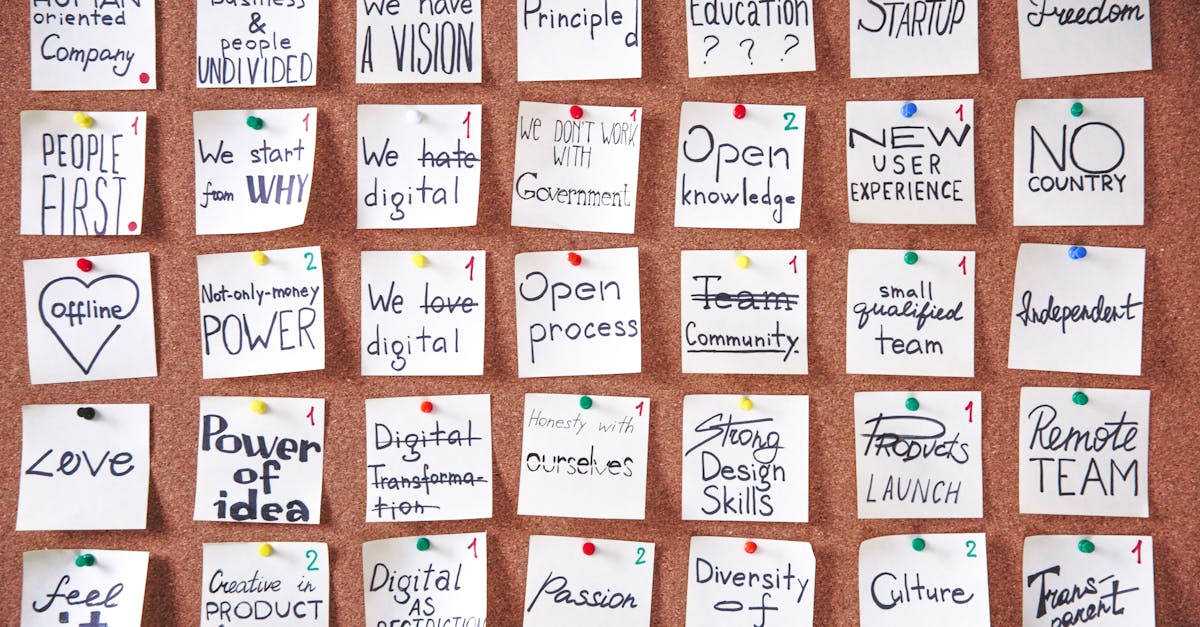Crises reveal true leaders.
When a storm rages, only essential qualities emerge.
It is the tough moments that shape greatness.
During these tumultuous times, every decision counts and every gesture can make a difference. As a leader, navigating with foresight and courage is essential. Challenges become opportunities to strengthen resilience and inspire teams. Together, let’s transform crises into stepping stones towards sustainable success.

Hello, my name is Véronique, I am 36 years old and I am an Executive Coach. Passionate about personal and professional development, I help leaders and teams realize their full potential. My tailored approach combines listening, expertise, and innovative tools to foster growth and performance. Together, let’s build your success!
How to identify the early warning signs
Ignoring early signs can quickly turn a manageable situation into a disaster. Every crisis often starts with small indicators: a decline in customer satisfaction, a missed deliverable, or unclear internal communication. By being attentive to these signals, you can intervene before the situation escalates. For example, a study by Straits Research shows that companies that closely monitor their performance indicators often avoid major crises.
How to maintain perspective and momentum
Loss of altitude means losing the perspective needed to make informed decisions. Just like a pilot, a leader must keep an eye on the horizon while maintaining the aircraft’s speed. This involves fostering innovation and creative problem-solving to avoid stagnation. By combining tools like the MBTI to understand your team’s personalities, you can maintain momentum even during turbulent times.
How to face reality with transparency
Denial is not a viable strategy. In the face of a crisis, it is crucial to be honest and communicate clearly. The example of Johnson & Johnson during the Tylenol crisis in 1982 perfectly illustrates this approach. By quickly withdrawing contaminated products and taking responsibility, they reinforced consumer trust. Adopting transparent communication allows you to build trust and guide your team confidently.
How to prepare effectively before a crisis arises
Preparation is essential to avoid panic. Not waiting for a crisis to become imminent to act is like trying to run a marathon without training. Create a crisis response team with the authority to make quick decisions. Identify key potential risks and plan appropriate responses. Resources like the leadership development workshop can help you refine these essential skills.
How to combine realism and optimism
Optimism is a discipline that involves acknowledging challenges while having confidence in your team’s ability to overcome them. It is not about denying difficulties but facing them with a positive attitude. By sharing what you know and what you do not know, you inspire your team to remain resilient. This creates a culture of trust and motivation essential for navigating through uncertain times.
How to master communication during a crisis
In a crisis situation, communication is your best ally. Keep control of the microphone by speaking clearly, frequently, and honestly. Address essential questions such as: “What must we do today to improve the situation?” or “What real assurances can I offer?” Use platforms like Reflexions Marquantes to disseminate your messages strategically and coherently, thereby strengthening your leadership and credibility.
How to manage relationships with the media
The media are not necessarily your enemies, but they can become so if not managed properly. Avoid staying silent, as this can be perceived as a lack of leadership. Be quick, honest, and consistent in your communications. Focus on three key messages and repeat them consistently. By avoiding minimizing the crisis or blaming victims, you demonstrate your ability to handle difficult situations with integrity and responsibility.
Integrate case studies to illustrate the strategies
Concrete examples, such as Johnson & Johnson’s handling of the Tylenol crisis, illustrate the importance of these strategies. These case studies can serve as models for applying the discussed principles and enhancing your understanding of their practical application.
How to leverage opportunities created by the crisis
A crisis can be a unique opportunity to demonstrate and strengthen your leadership. According to Machiavelli, “never waste a good crisis” is essential to propel your organization to new heights. By making bold decisions and staying present despite uncertainty, you can turn a difficult situation into a springboard for success. Discover how leaders have used crises to innovate and grow by reading this article on Myers-Briggs personality types and their impact on crisis management.
The importance of organizational resilience
Building a resilient organization is essential for surviving and thriving after a crisis. This includes not only robust emergency plans but also a culture of adaptability and mutual support. Integrating leadership development practices can greatly contribute to this resilience.
How to remain accessible and enhance credibility
Your accessibility as a leader enhances your credibility. During a crisis, ensure you are available to your employees, customers, and partners. Use tools like Reflexions Marquantes to maintain open and transparent communication. By being present and responsive, you gain the trust necessary to navigate through difficult moments.
By applying these essential strategies, you can not only effectively manage panic during a crisis, but also transform these challenges into opportunities for growth and strengthening your leadership. Do not let panic dictate your actions; take the reins with confidence and inspiration to guide your organization towards a prosperous future.
Supplementary resources
- Market analysis of leadership training
- Maximize your potential with MBTI and leadership tests
- Myers-Briggs personality types of characters from The Arcane
- Significant reflections for May 22, 2025
- Next-generation leadership development workshop
Follow us on Instagram and X for more ideas on leadership and personal development.











